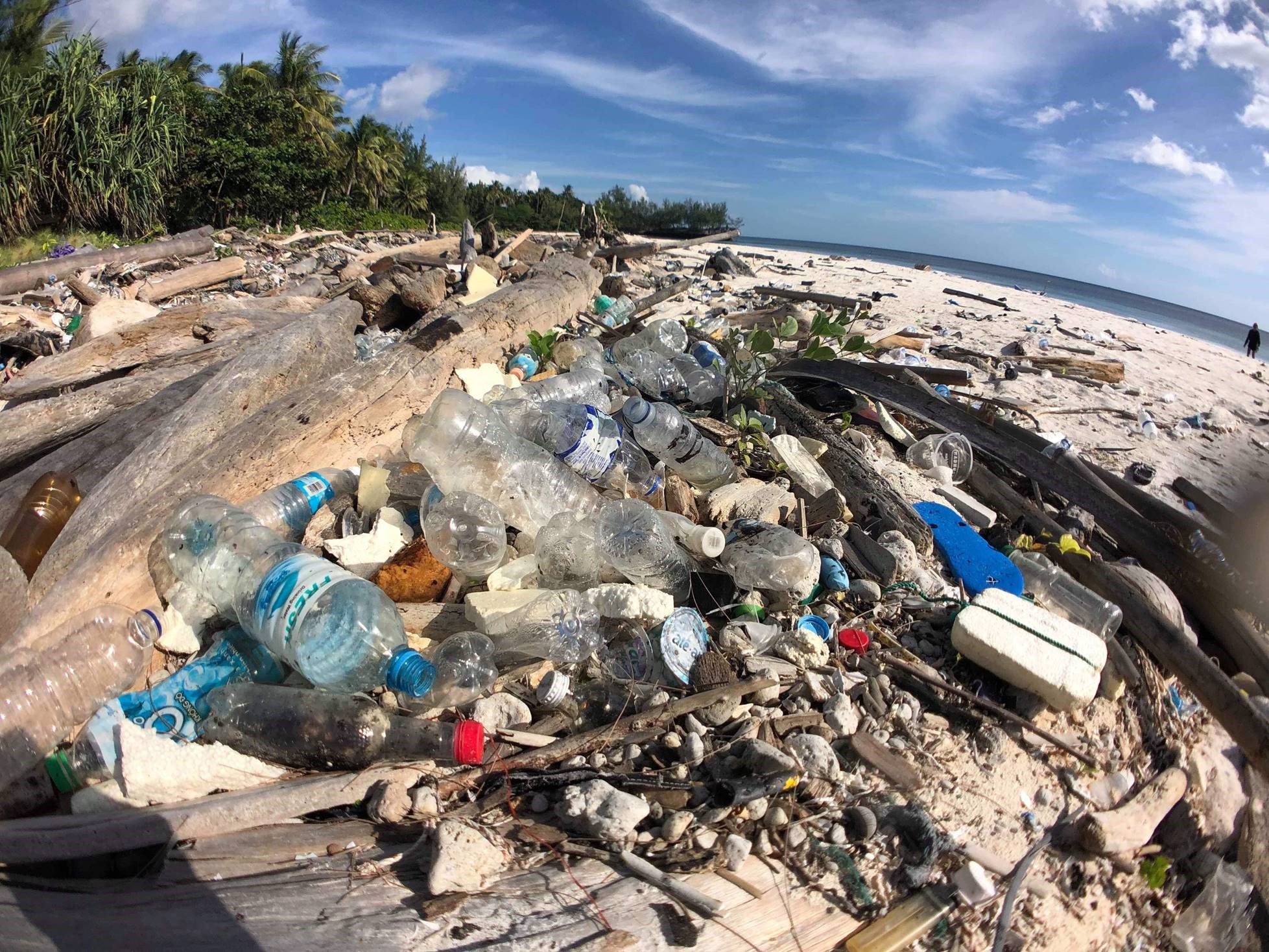The urgency of reducing single-use plastic in global supply chains has been highlighted by a University of Queensland study in collaboration with the Indonesian Institute of Sciences.
UQ Business School researcher said the social and economic costs of plastic waste were often borne by coastal communities with limited waste management rather than by producers and manufacturers.
“The crisis facing the world’s oceans from plastics is well documented, yet there is little knowledge of the perspectives and experiences of communities facing overwhelming quantities of plastic waste, most of it originating in other regions,” Dr Phelan said.
She said the study used a systems-based approach to demonstrate that plastic waste was outpacing mitigation efforts.
“Coastal communities with minimal waste infrastructure require circular systems and responsible supply chains with non-plastic alternatives.
“Remote communities simply cannot recycle their way out of this complex global environmental problem.
“In Indonesia alone, there are thousands of similar coastal communities struggling to manage their own household waste, as well as vast quantities of plastic waste brought in on ocean currents.
 “At the household level, a typical village generates about 4000 kilograms of rubbish per week, with plastic waste increasingly growing in proportion.
“At the household level, a typical village generates about 4000 kilograms of rubbish per week, with plastic waste increasingly growing in proportion.
“Producers and manufacturers distributing low-cost processed food and single-use products to these communities need to take responsibility to ensure plastic waste does not end up in the ocean.”
Dr Phelan said a survey conducted as part of the study suggested that plastic literacy was low in the communities studied, with 48 per cent of respondents saying they frequently burned their waste, exposing themselves to dangerous fumes.
In addition, about 25 per cent of participants disposed of their plastic waste in the ocean,” she said.
“Our study discovered that on average, 2000 kilograms per week may leak into the ocean just from one village.
“There is little the coastal communities can do to manage plastic waste effectively unless they’re presented with better choice architecture, both on the supply side and in disposal options.”
Global Change Institute (GCI) Director Professor Rachel Parker said GCI would help find better long-term solutions for the complex challenges of plastic by bringing researchers and industry together.
“This research confirms that for coastal and remote communities in Indonesia, the use of plastics is increasingly overwhelming waste management and infrastructure capacity,” Professor Parker said.
“Any effective solution to this problem will inevitably need broad collaboration between researchers, government and industry.”
The research is published in







